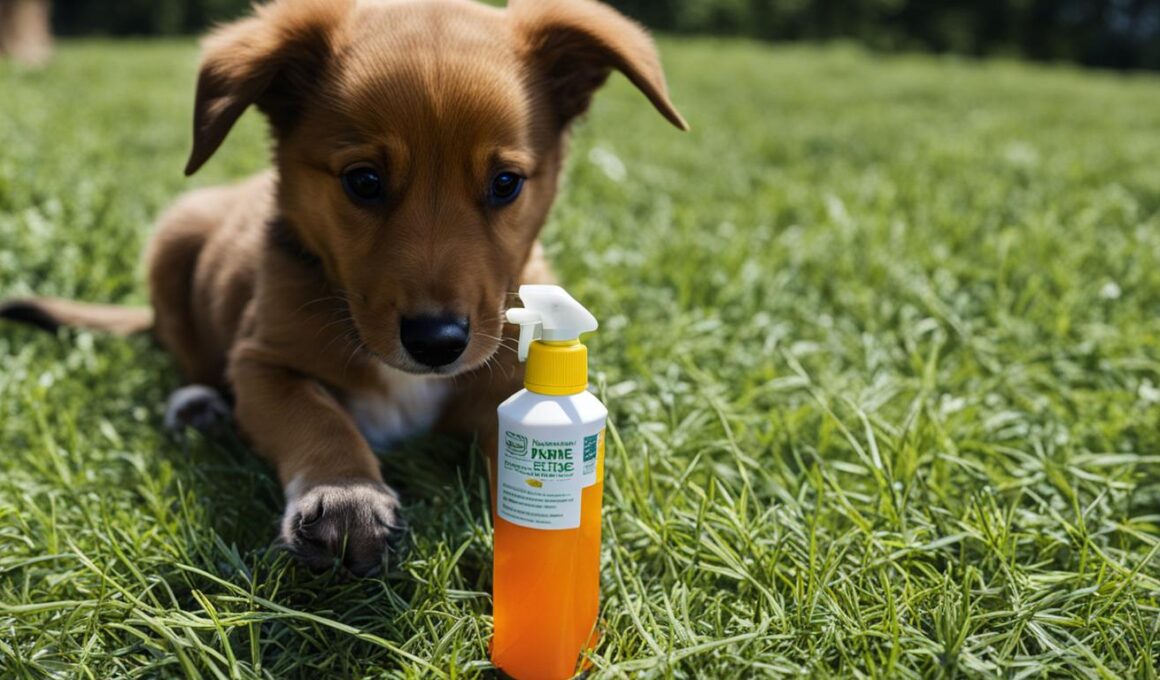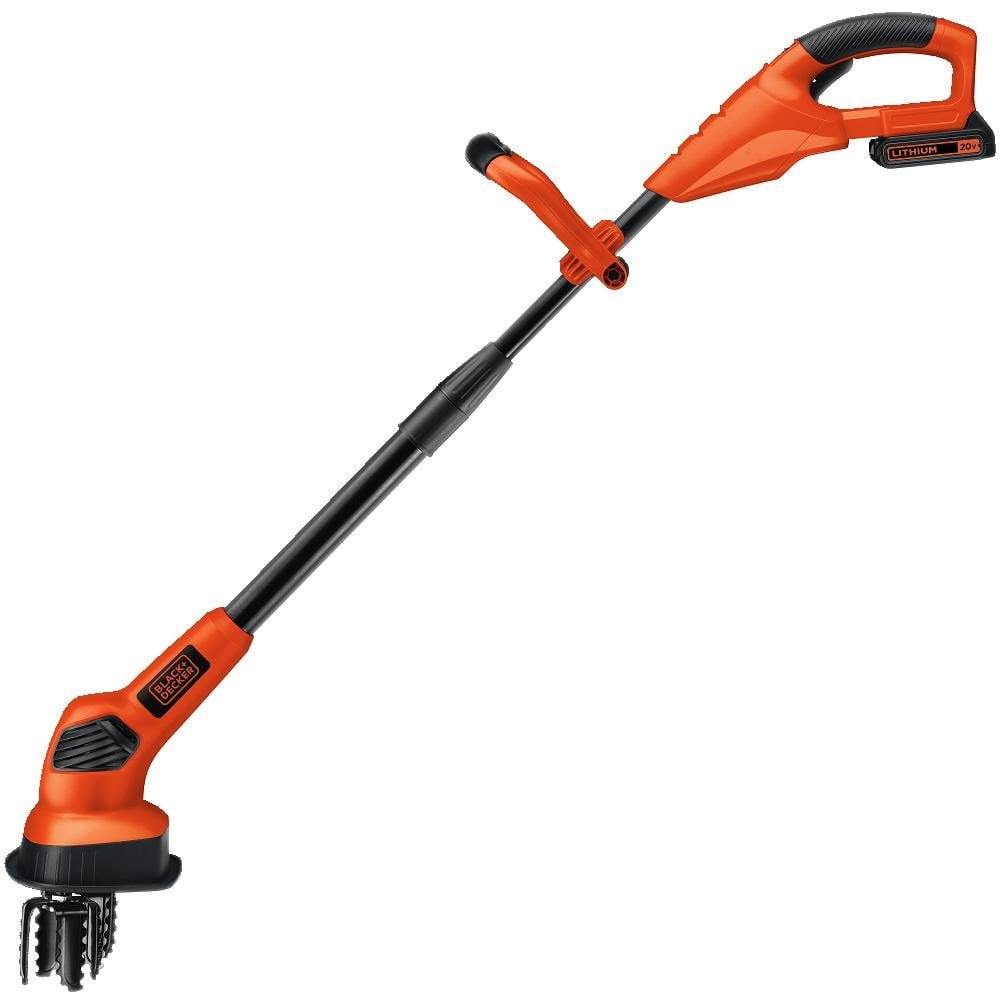When it comes to keeping your canine companion safe, understanding potential hazards is essential. One commonly used mosquito repellent is citronella, which is often found in candles and bug sprays. But is citronella safe for dogs? In this pet health guide, we will explore the potential risks and precautions you should take to ensure the well-being of your furry friend.
Citronella is derived from distilled grasses and is classified as a “minimum risk pesticide” by the EPA. While it is generally safe for humans, it can cause skin irritation and allergies in some individuals. However, when it comes to dogs, citronella can be toxic if ingested and can also lead to adverse skin reactions.
It is important to note that not all citronella products are created equal. Using pet-specific citronella products, such as flea collars and sprays, is crucial to minimize the risks. These products are formulated and labeled specifically for use on dogs, ensuring their safety when used correctly.
Accidental ingestion or contact with citronella oil, found in candles and torches, can lead to stomach irritation, vomiting, diarrhea, and even neurological abnormalities in dogs. Therefore, it is vital to keep citronella candles and torches out of reach from your furry friend.
To ensure the safety of your beloved pet, always follow the label instructions when using citronella products. Keep them secured and stored properly, preventing accidental exposure. If you suspect that your dog has come into contact with citronella or is experiencing any adverse reactions, contact your veterinarian immediately for guidance.
Remember, your dog’s safety is in your hands. By being proactive and understanding the potential risks associated with citronella, you can keep your furry companion happy and healthy.
Citronella Dangers for Dogs
While citronella is commonly used to repel insects in backyard settings, it poses several dangers to dogs. It’s important to be aware of these risks to ensure the safety and well-being of your furry friend.
One of the most significant dangers of citronella for dogs is ingestion. If a dog ingests citronella, it can lead to stomach irritation, resulting in symptoms such as vomiting, diarrhea, and even neurological abnormalities. It’s essential to keep citronella products, including candles, sprays, and oils, out of your dog’s reach to prevent accidental ingestion.
Citronella can also cause skin irritation in dogs. Prolonged contact with sprays or oils containing citronella can lead to itching, redness, and discomfort. When using citronella-based products near your dog, it’s crucial to avoid direct contact with their skin.
Accidental contact with citronella sprays or oils can also cause eye irritation in dogs. If your dog’s eyes come into contact with citronella, it may result in redness, irritation, and discomfort. It’s essential to keep citronella products away from your dog’s face and ensure they do not spray or rub their eyes with citronella residue.
Inhaling citronella oil can be particularly dangerous for dogs, as it can lead to aspiration pneumonia. This condition occurs when foreign substances enter the lungs, causing inflammation and respiratory distress. It’s crucial to prevent dogs from inhaling citronella oil by keeping it away from their walking areas and ensuring that citronella-containing insect repellent bottles are not easily accessible to dogs, especially those prone to aggressive chewing.
Understanding the dangers associated with citronella is essential for ensuring the safety of your beloved canine companion. By taking necessary precautions and avoiding exposure to citronella, you can help protect your dog from potential harm.
Can Citronella and Preen Both Be Harmful to Pets?
When it comes to preen safety for pets, it’s important to consider potential risks. While citronella can be harmful to pets if ingested in large amounts, preen products can also pose dangers. Pets should be kept away from areas where preen has been used to prevent accidental ingestion.
Dogs and Citronella: Safety Tips
To keep your dogs safe around citronella, it is crucial to take certain precautions. One of the most important steps is to prevent your furry friends from accessing citronella items. This can be achieved by keeping these products secured and out of their reach, such as in a high cupboard or locked storage area. By doing so, you can effectively minimize the risk of accidental ingestion or contact.
When using citronella products on yourself, it is essential to ensure that they have completely dried before allowing your dog to come into contact with you. This will help prevent any potential skin irritation or other adverse reactions that may occur if your dog comes into contact with wet or freshly applied citronella.
To maximize safety, it’s crucial to use citronella-containing products that are specifically made for dogs and follow the label instructions meticulously. Whether it’s a citronella-based flea collar or spray, make sure to read the instructions carefully and use the product as directed. Additionally, if a citronella-coated flea collar is used, ensure that other dogs in the household do not lick the collar and that it does not come off and get accidentally chewed on.
If, despite taking precautions, your dog is accidentally exposed to citronella, it is highly recommended to contact your veterinarian or the poison control center promptly. They will provide you with the necessary guidance to address the situation effectively and ensure the safety and well-being of your beloved pet.









